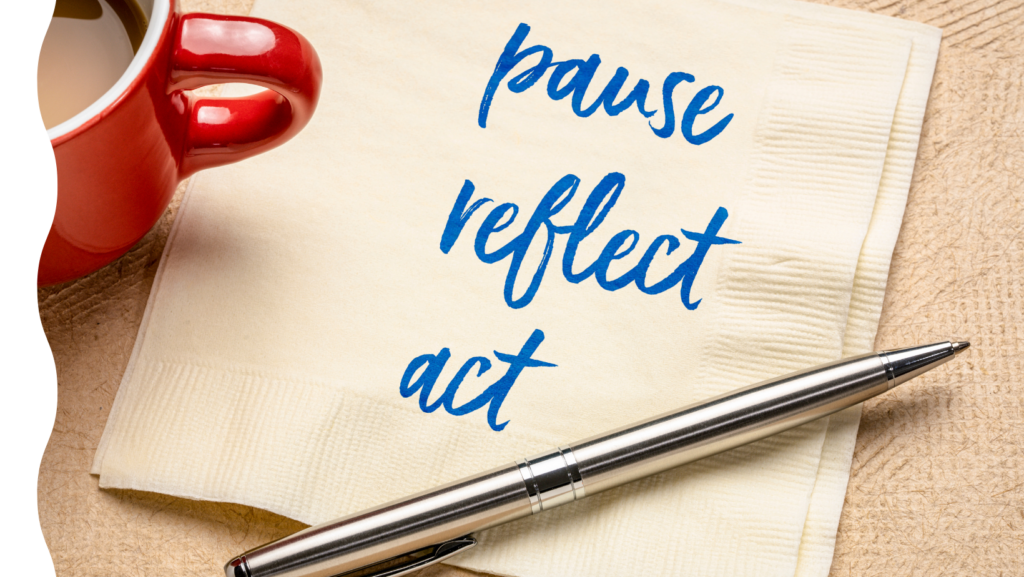
When Your Spouse Gaslights You, What Will You Do?
If you’ve ever had someone gas you up, then you’re already familiar with the idea of gaslighting. It happens to the best of us. When someone tries to make you think like you’re delusional by telling you lies and using deceitful methods of head games!
Gaslighting made the list for Oxford’s Dictionary Word of the Year in 2018, thanks to public discontentment with political leaders who use falsehood as a way to win over the public.
Unlike in the movies, your companion likely isn’t trying to have you committed, by making you crazy. Nevertheless, gaslighting will still hurt your self-confidence and damage relationship in the long run. There’s no way around it, it’s detrimental and a negative character trait to have to deal with when sharing your life with someone who has your trust.
Steps to Deal Alone:
1. Identify the signs. Gaslighting will involve many dissimilar kinds of behaviors. Your spouse may tell you you’re overreacting and make false accusations to play with your head. They might test your faith in yourself and misshape reality. Once you recognize the patterns, make them red flags, so you can distinguish between what’s real and what they’re making up to trick you into thinking something that isn’t true.

2. Accept your emotions. Your feelings are valid and natural, especially if and when your mate tries to dismiss them. Practice identifying and observing how you feel without making judgments for why you feel that way. There’s a reason you feel the way you do, it’s your mind triggering off warnings, so you’ll protect yourself.
3. Collect proof. If you believe your spouse is being deceptive or saying inaccurate things, start to keep track of what they do and say, so you have proof of their behavior. You’ll want to save communications like, text messages, emails, or recorded phone conversations. You can also keep a journal of sorts, so your dates will match with the timeline of events.
4. Stay connected to outside relationships. If your partner tries to isolate you from friends and family, make sure to keep contact with them on your own. It’s important to maintain these relationships, so you’ll continue to have a strong support system in place when and if you need them.

5. Evaluate your options. If your partner isn’t willing or able to change their behavior of gaslighting, it’s time to make a change of your own. You have to decide if the relationship is the right fit for you. Think of your future and what’s the right move for you to make moving forward when creating healthy relationships.
6. Build up your confidence. Believe in your abilities and yourself as a person. Evaluate your successes and practice goal setting, so you can continue to thrive without anyone in your life playing head games. Don’t forget to always smile and stand tall when you’re out and about.
Steps to Deal with Your Spouse:
1. Address the problem. Let your spouse know then you’re feeling some kind of way about being treated unfairly. Stand up for yourself in a respectful manner and be direct. Stand firm and state your position with conviction, so they know you aren’t backing down and you see the situation for what is and who they are.
2. Take a minute. You’ll be more effective if you take a minute and stay calm. Speak slow and in a quiet tone as not to seem confrontational. Pause if you need a minute to consider your reaction and response.

3. Establish boundaries. Your companion may change the subject or become defensive. Tell them it’s important for you to resolve this issue. Set healthy boundaries and negotiate conditions, so that both parties will feel understood. Do not let them make the situation about them. Keep control of the conversation and stay the course, keep them accountable by using the proof you collected.
4. Selectively apologize. If you apologize to avoid conflict, don’t. Train yourself to only do so at times where you are actually at fault for something or another. This way your mate will know what to expect from you because you’ll be consistent about your regrets and not just use apologizing as a way to keep the peace.
5. Be independent. Gaslighting typically happens when one companion feels considerably less powerful than the other. You are more capable than you give yourself credit for. Always be in full control of your life by building greater resilience and strengthening your finances to the point where you don’t need to depend on your partner to live the lifestyle you’re accustomed to living daily.

6. Show compassion. Know that gaslighting speaks volumes about your partner and isn’t a reflection of who you are as a person. It may be the only way they they know how to hide their insecurities or deals with stressful situations. You should never excuse their behavior, but just understand where it comes from and why they use it as a way to deflect.
7. Seek professional help. You can go on your own, but it will only help your relationship if you go with your partner, so you both can get the relationship assistance at the same time. One person can’t fix a relationship, it takes both of you to make the effort and do the work. A therapist who specializes in gaslighting and relationships will assist in getting things on the right track.
If you’re worried about head games in your relationship that make you question yourself, you could be a victim of gaslighting. Defend yourself and confront your partner by having a conversation about their behavior and the way they treat you in certain situations. You may be able to constructively settle the issue. If not, it may be time to venture out on your own as a way to protect your peace from those who will cause you mental damage.
To get more information about self-care, click here to check out our course Walk Away From Abuse Without Losing Yourself.







